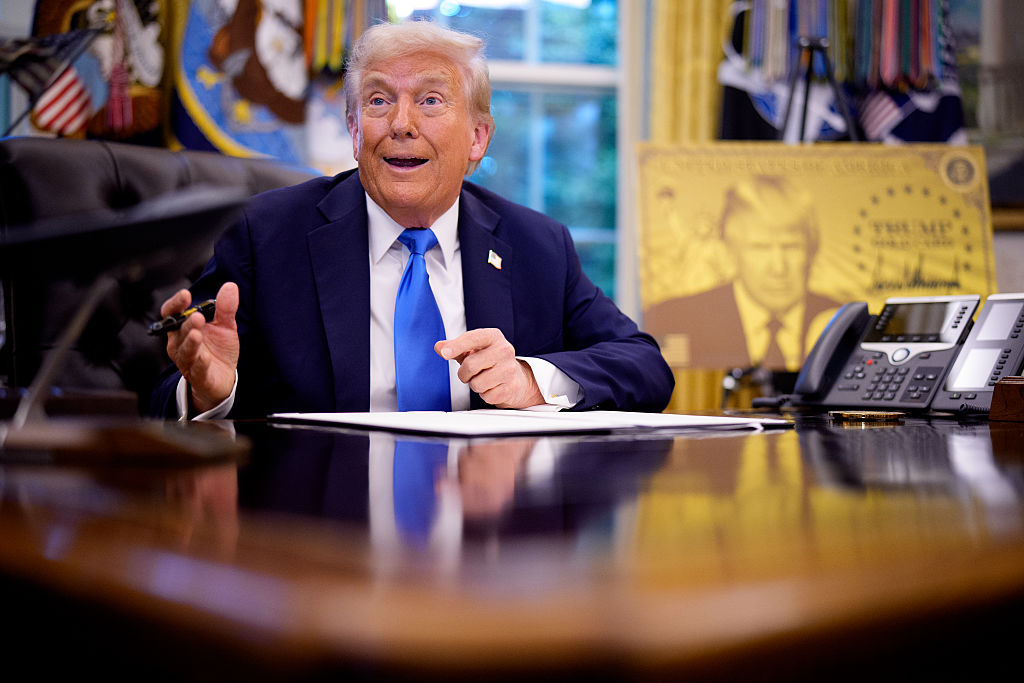President Donald Trump has signed sweeping changes to the U.S. H-1B visa system, including a $100,000 annual fee for standard applicants — up from roughly $215 for skilled workers. Alongside it, the administration introduced the “Gold Card” and “Platinum Card” visas, which give wealthy individuals fast-track access to U.S. residency with perks that feel more like airline loyalty programs than immigration law.
The Gold Card, at $1 million, grants a residency pathway with minimal hurdles, while the Platinum Card, at $5 million, allows holders to live in the U.S. up to 270 days a year without paying U.S. taxes on foreign income. Ordinary skilled workers, by contrast, now face a staggering application fee just to apply for the same H-1B status they’ve used for decades.
Commerce Secretary Howard Lutnick framed the move as a way to encourage companies to train American workers rather than relying on foreign talent. Critics argue the policy favors the wealthy and well-connected, while creating barriers for engineers, researchers, and healthcare professionals who previously relied on the program to live and work in the U.S.
Tech giants such as Amazon, Google, and Apple — heavy users of H-1B visas — have yet to publicly respond, though the new fees could dramatically alter hiring and recruitment strategies. Legal challenges are expected, with opponents likely to argue that the administration overstepped its authority and unfairly privileges the ultra-rich.
Observers say the changes reflect a Trump-era “America First” vision applied to immigration: ordinary applicants pay steep costs for entry, while elite investors get a fast lane, exclusive perks, and tax advantages — effectively turning U.S. residency into a luxury membership program.


